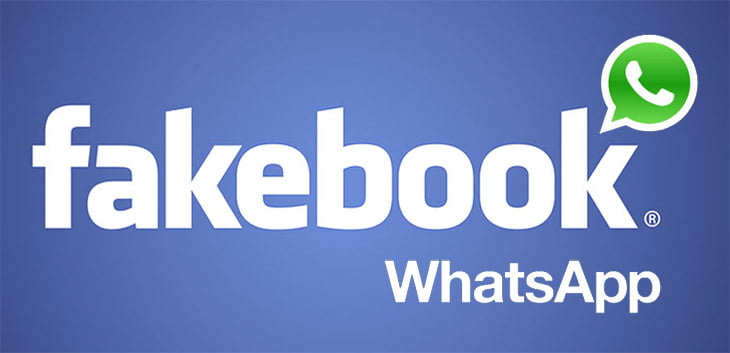After months of rumors, the world’s largest social networking Facebook acquires the 450 million strong cross-platform mobile messaging app WhatsApp for a whopping $19 billion. So what will change now? ‘nothing’ says WhatsApp CEO Jan Koum, the messaging app will remain autonomous and operate independently.
The billion dollar deal includes $4 billion in cash and approximately $12 billion worth of Facebook shares. It also includes additional $3 billion in restricted stock that will be distributed to WhatsApp’s founders and around 50 employees that will vest over four years subsequent to closing.

“WhatsApp is on a path to connect 1 billion people. The services that reach that milestone are all incredibly valuable. I’ve known Jan for a long time and I’m excited to partner with him and his team to make the world more open and connected.” said Mark Zuckerberg, Facebook founder and CEO.
“You can continue to use WhatsApp no matter where in the world you are, or what smartphone you’re using. And you can still count on absolutely no ads interrupting your communication. There would have been no partnership between our two companies if we had to compromise on the core principles that will always define our company, our vision and our product.” said Jan Koum, CEO WhatsApp in his blog.
With this acquisition WhatsApp’s brand will be maintained and its headquarters will remain in Mountain View, CA. Current WhatsApp CEO, Jan Koum will join Facebook’s Board of Directors. WhatsApp’s core messaging product and Facebook’s existing Messenger app will continue to operate as standalone applications.
WhatsApp got over 450 million people using its service each month and with more than 70% of them active on a given day. It sees strong growth by adding more than 1 million new registered users per day. While Facebook has its own messaging service, this acquisition will surely boast as a leader in the highly competitive mobile messaging services.
A year before, Facebook acquired another one of the popular photo sharing mobile app Instagram for $1 billion.


